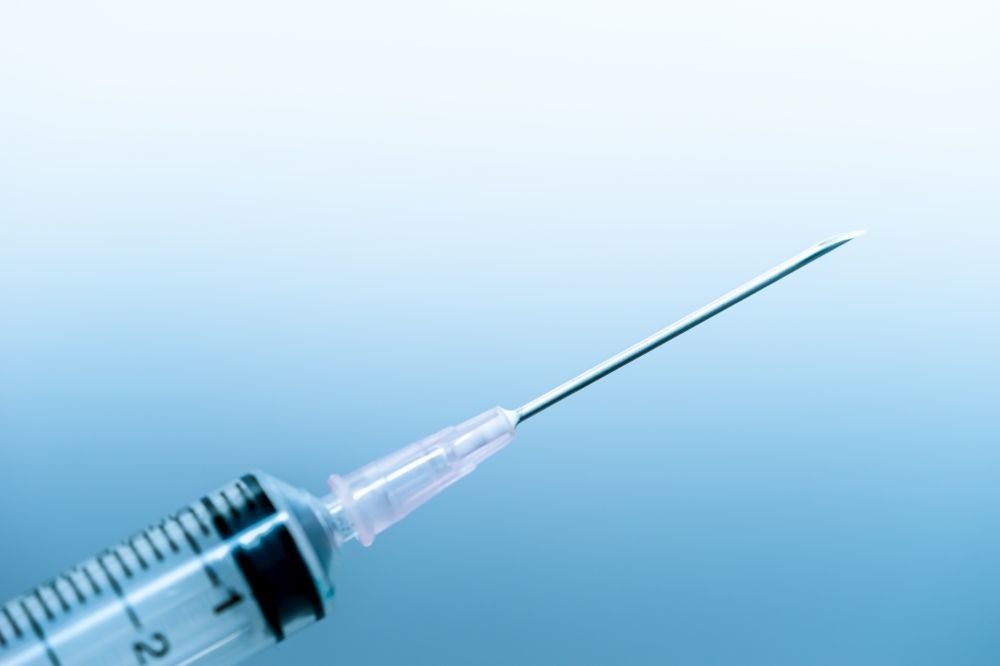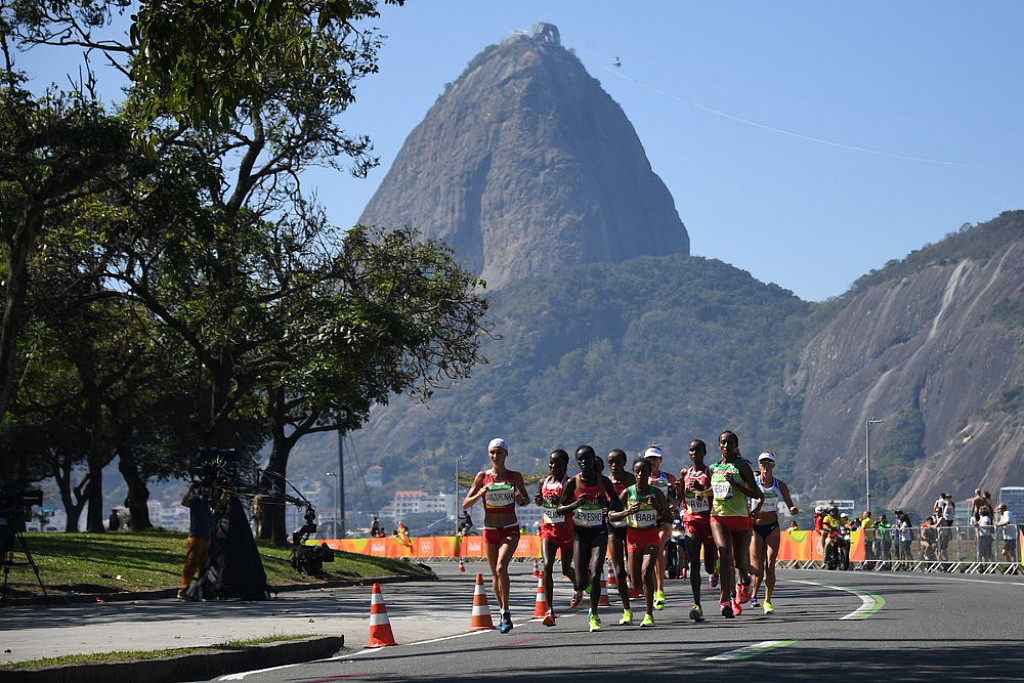Running News Daily
Running News Daily is edited by Bob Anderson. Send your news items to bob@mybestruns.com Advertising opportunities available. Train the Kenyan Way at KATA Kenya and Portugal owned and operated by Bob Anderson. Be sure to catch our movie A Long Run the movie KATA Running Camps and KATA Potato Farms - 31 now open in Kenya! https://kata.ke/
Index to Daily Posts · Sign Up For Updates · Run The World Feed
The new drug in endurance doping works similarly to EPO, but is harder to detect
Operation Aderlass, an investigation into the doping allegations brought against German physician Mark Schmidt, has discovered the use of a new endurance drug called synthetic hemoglobin H7379. The drug reportedly works in a similar manner to EPO, as it is a synthetic form of oxygen-transporting hemoglobin, but is harder to detect. While most doping organizations have the capability to detect this drug, its detection would only come from a second round of tests, which aren’t included in the initial assessment. This round of tests would only be performed if its use was suspected.
The drug is reportedly produced in freeze-dried powder form and boosts oxygen transfer around the body, similar to various methods used in endurance sport over the years, including EPO. Clinically, it’s used as a blood substitute (basically, fake blood).

Currently, the sport of cycling is retesting riders’ old samples to asses the drug’s prevalence in their sport. While there haven’t been reports of its use in running, EPO is extremely common, and it’s possible that runners haven’t been tested for synthetic haemoglobin H7379 thus far.

Cheating is on the rise
The biological passport was introduced in elite running in 2011 to catch cheaters by monitoring changes in their blood samples (which can catch blood doping, a version of what is happening with synthetic hemoglobin H7379). A research article in Frontiers in Physiology looked at a total of 3,683 blood samples from the 2011 and 2013 Track and Field World Championships and analyzed the data on athletes from 209 countries.
The study found there are massive discrepancies between countries, meaning that some countries are playing by the rules and others aren’t even making an effort. While the section that compared nations’ rates of doping doesn’t identify these countries by name, it’s clear that elite sport is far from a level playing field. Some nations had a completely clean card, with none of their athletes showing blood doping on their biological passport, while other countries were hitting numbers as high at 74 per cent of athletes showing infractions. This was the first study of its kind on blood doping.
by Madeleine Kelly
Login to leave a comment




